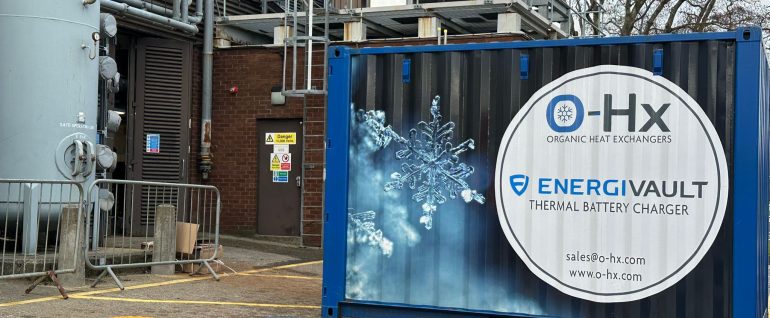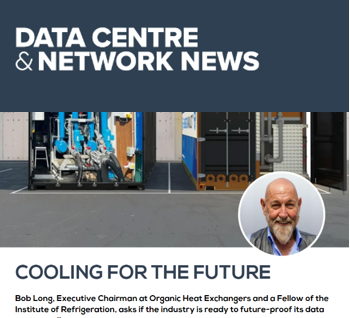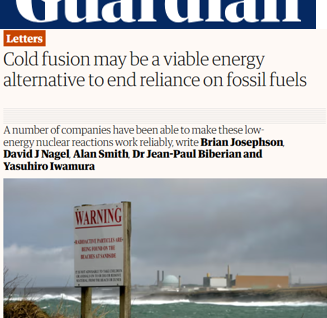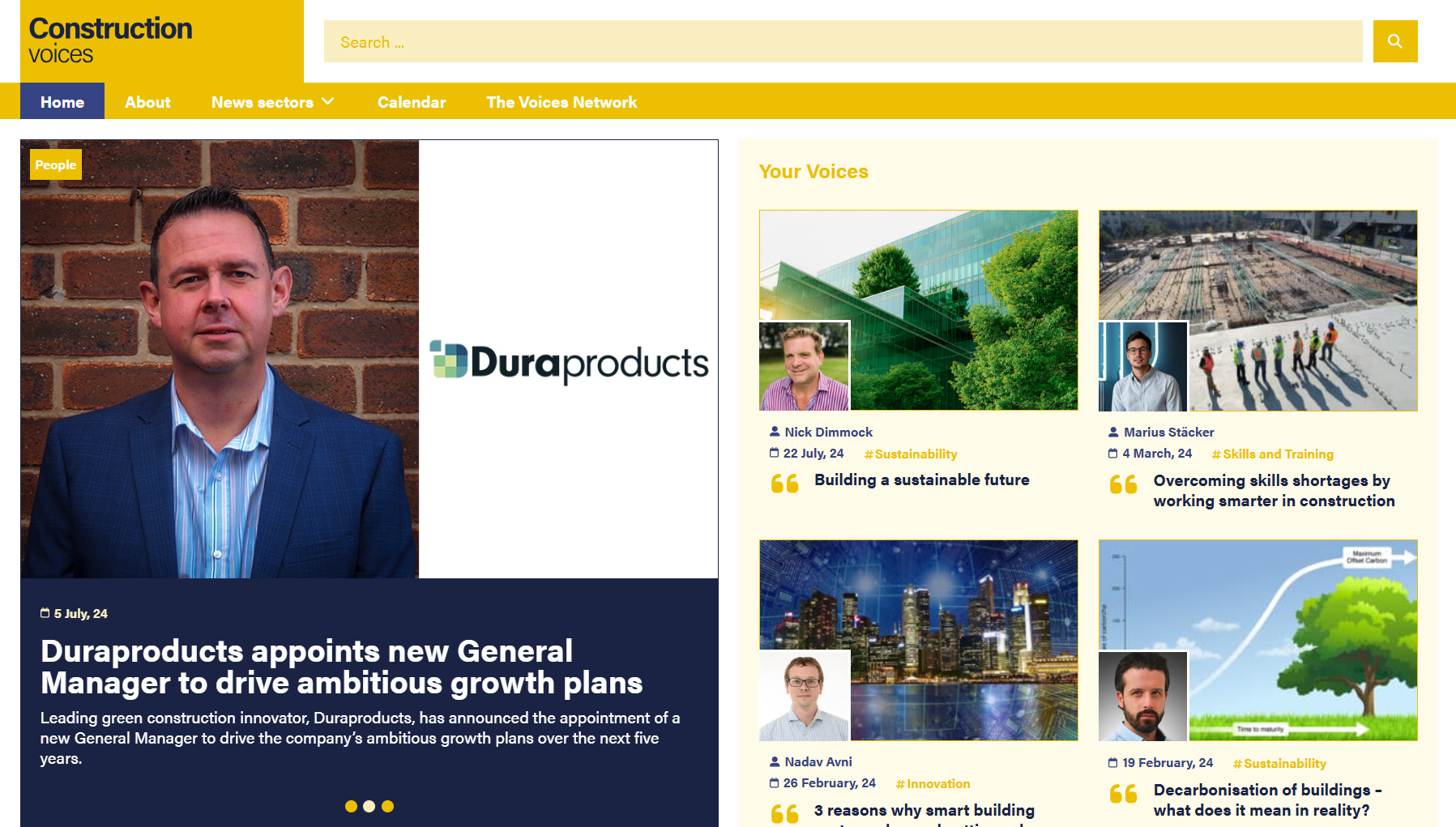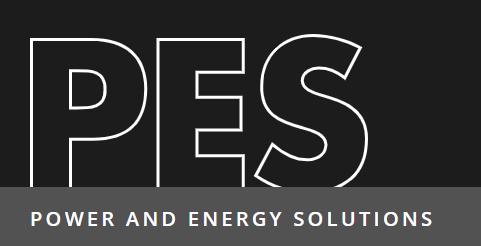As industries seek smarter, more sustainable energy solutions, the integration of cold thermal energy storage (CTES) with solar photovoltaic (PV) systems presents a powerful opportunity. By converting excess solar power into stored cooling energy, businesses can significantly lower electricity costs, enhance system efficiency, and support their decarbonisation goals. The Case for Cold Storage in Solar Applications Solar PV systems often generate surplus energy during daylight hours—energy that, without storage, may be underutilized. CTES offers an elegant way to preserve this energy in the form of cold, using: Ice Chilled water Advanced phase change materials (PCMs) This stored energy can later be used to meet cooling demands, [...]
Read MoreBob Long, Executive Chairman at Organic Heat Exchangers and a Fellow of the Institute of Refrigeration, asks if industry is ready to future-proof its data centre cooling. Find out what he has to say on the matter in the latest edition of Data Centre and Network News here.
Read MoreWe're excited to finally see some main stream media coverage highlighting the significant developments in cold fusion, or low energy nuclear reactions (LENR). Thanks to Brian Josephson, Emeritus professor of physics at University of Cambridge, who took the initiative and wrote to The Guardian newspaper on the topic. His letter has now been published online and in the paper. We're pleased to say that his letter is also co-signed by several leading industry figures spread across the globe including David J Nagel, Research professor, George Washington University; Alan Smith, International Society for Condensed Matter Nuclear Science; Dr Jean-Paul Biberian, Honorary [...]
Read MoreAs the developed world moves towards net zero targets, innovation in low-carbon and alternative building materials continues to accelerate. There are many exciting new products poised for exponential growth as demand continues to strengthen. Investing in such projects and initiatives undoubtedly has numerous positive environmental impacts; and presents the potential for very strong returns for investors. As featured in Construction Voices, read more from Nick Dimmock, our founder and CEO, on his latest views on the green economy and the opportunities ahead in sustainable construction.
Read MoreAs the global energy landscape continues to transition from fossil fuels towards cleaner and more sustainable energy sources, the continued growth and innovation in the renewable energy sector are set to open a myriad of new and promising avenues for investments. And there are many long-term opportunities to take advantage of if you know where to look. Read our full article in Power and Energy Solutions here - turn to page 68.
Read More350 PPM has launched a campaign to raise funds for the expansion of its business specifically targeting the incubation and acceleration of breakthrough environmental companies. It has set ambitious targets for the financial year 2024/25, and in 2025, plans to launch a £100m institutional impact fund to support some of the most exciting environmental innovations to scale. Read the news in Power and Energy Solutions here.
Read MoreThe green economy refers to an economic system that aims to foster sustainability and reduce environmental impact while promoting economic growth and development. It encompasses various sectors and practices that prioritise resource efficiency, renewable energy sources, conservation of natural resources, and the reduction of greenhouse gas emissions. From sustainable agriculture and biodiversity to waste management and green finance, the green economy seeks to achieve a balance between economic growth, environmental protection, and social equity, ensuring that future generations can meet their needs without compromising the ability of future generations to meet theirs. While many of these areas continue to climb the mainstream [...]
Read MoreBy Dr Jacqui Taylor, Clean Tech Advisor at 350PPM COP28 marked a pivotal moment in climate change talks with the first-ever global stocktake since the Paris Agreement. It also included the first-ever agreement to transition “away from fossil fuels in energy systems in a just, orderly and equitable manner, accelerating action in this critical decade, so as to achieve net zero by 2050 in keeping with the science.”. However, the UN’s climate change conference has fallen disastrously short of enforcing a fossil fuel phase-out or indeed providing sufficient climate finance, known as Loss and Damage, to support affected communities in dealing with [...]
Read MoreEarth's well-documented changes throughout history are nothing new, but global warming today is taking a major human, economic and environmental toll across the world. In the next five years, the World Meteorological Organisation predicts that global temperatures are likely to surge to record levels. It's a critical time to take stock and critically review where we are as an industry in the global context of our battle against climate change. Read our article in Alt Energy here.
Read MoreThe devasting effects of climate change are being witnessed around the world as we fast approach a 1.5C rise in global temperature – a crucial tipping point after which irreversible damage will be done. To curb global warming, we must reduce greenhouse gas emissions by 43 per cent compared with 2019 levels – taking CO₂ levels from 410 parts per million (PPM) to 350 PPM or below. Yet currently, the combined Nationally Determined Contributions (NDCs), countries’ climate pledges under the Paris Agreement, would mean only a ten per cent cut in greenhouse gas emissions, putting the world on track for [...]
Read More